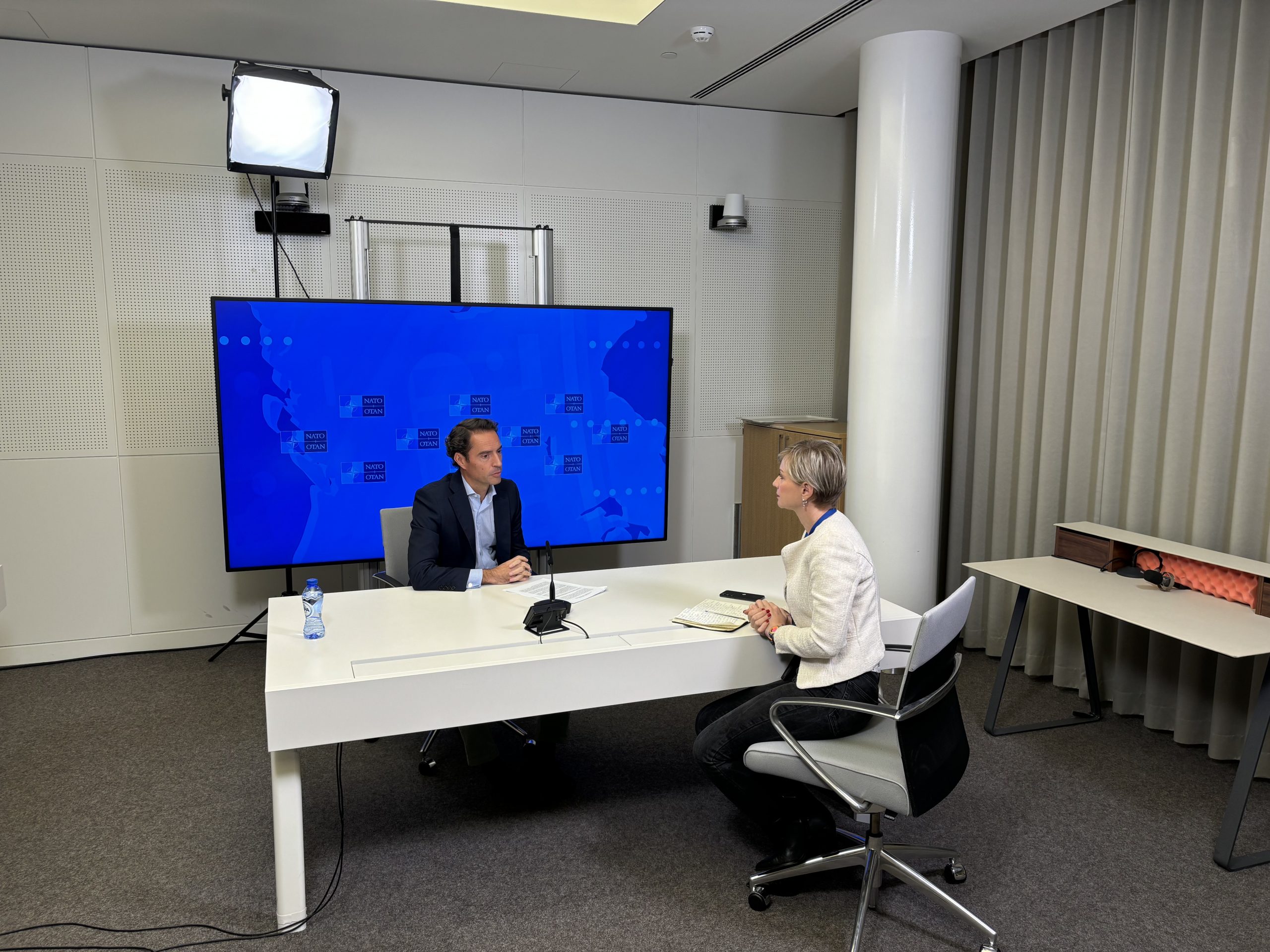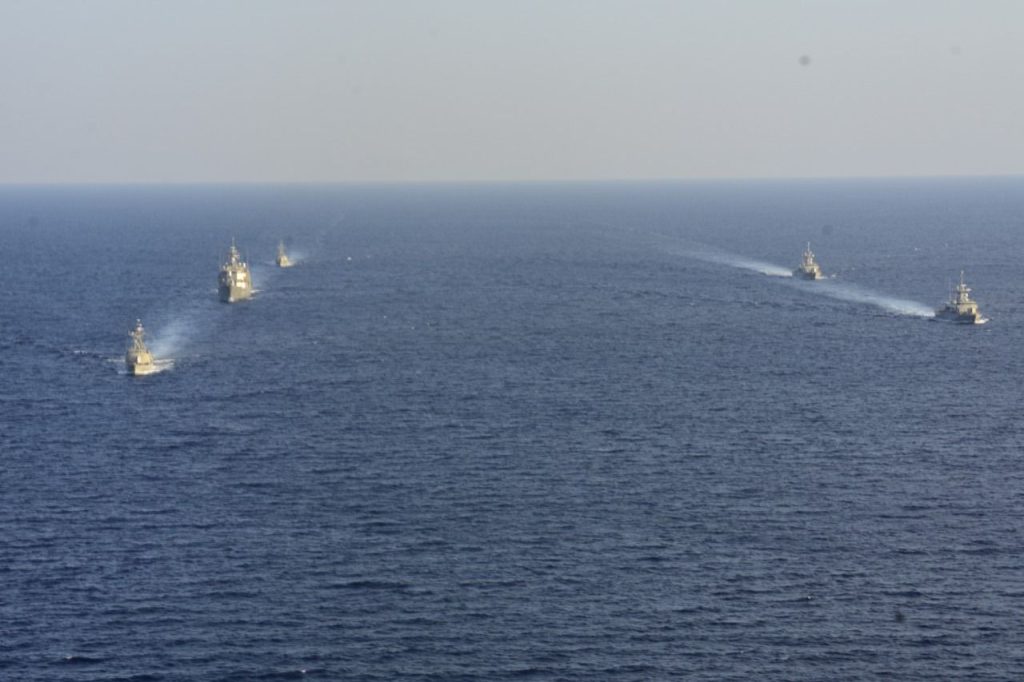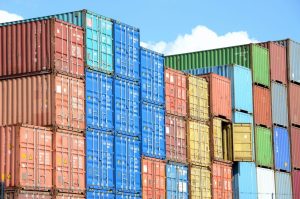Russia and terrorism are the two threats NATO officially recognizes explains to To Vima Javier Colomina, NATO’s Special Representative for the Southern Neighbourhood. He mentions that the Alliance has different projects and programs that help them to assist the Southern partners in how they deal with terrorism. Regarding the Middle East, Javier Colomina underlines that a way to put an end to hostilities in the region is needed and despite the fact that this area is not in the Alliance’s field of action, NATO will certainly contribute to the efforts carried out by others. In addition, in explaining the situation in the Sahel, the NATO official says that it is probably “the most unstable region in the world,” as it faces such issues as terrorism, migration, and illegal trafficking, amongst others.
Can you describe to me the main goals of this report for Southern Neighbourhood.
The Alliance has been working with our Southern partners for many years. In Vilnius, we launched a deep reflection on the South. The previous Secretary General created a group of independent experts that supported this reflection process. We adopted an Action Plan that put on paper that the Southern Neighbourhood needed to be a priority. As a result, we have a sort of a game changer in how we relate with the South, through political dialogue and practical cooperation, and with more visibility. The South is quite a definite concept for NATO. We have seven partner countries within our Mediterranean Dialogue framework, ranging from Mauritania, NATO’s only Sahelian partner, to Israel.
Sahel is an important region, as it confronts itself with migration and terrorism. How could this report and how could NATO exert its influence in the region, where Russia is also active?
One of the concerns we have and see in the South is the presence of our geostrategic competitors, not only Russia, but also China and Iran. Russia is particularly present, by many means, particularly in the military and security field. There is a strong presence of China as well, and a strong and concerning presence of Iran. The Sahel is probably the region that I would characterize today as the most unstable one in the world, considering the threats stemming from there, including terrorism – the presence of DAESH/ISIS, Al Qaeda, and the different provinces that they’re creating around the Sahel – as well as illegal trafficking, migration, and state instability, with three out of the five countries of the Sahel being led by governments that came to power through coup d’etats. We have one partner there, Mauritania, which happens to be the most stable country in the Sahelian region. We are already working very much with Mauritania. We need to foster that relationship and then decide if there is room and appetite for NATO to do more with the other nations in the Sahel region.
NATO identifies terrorism as the most direct asymmetric threat to the security of our citizens and to international peace and prosperity. Regarding the instability mainly because of the wars in Ukraine, Middle East, even though we know that it’s not on the field of NATO, are there any indications in the Alliance that are worrying as it has to do with terrorism?
Terrorism is one of the two threats that we have officially identified. One is Russia, the other one is terrorism, in all its forms and manifestations. We’ve been working quite a lot on terrorism already in the last years. We have different projects and programmes through which we help our Southern partners in dealing with terrorism. A number of our Southern partners are receiving assistance from partners through their Defence Capacity building packages. We also provide numerous opportunities for counter-terrorism training to our partners, also thanks to the dedicated financial contributions of individual Allies. NATO Mission Iraq (NMI) is a noncombat advisory and defence capacity building mission, with the objective to help the Iraqi armed forces to be more professional, to be better prepared for the threats and the challenges that they face. One of the reasons behind my own appointment and the adoption of the Southern Neighbourhood Action Plan was actually for NATO to have the ability to convey to our partners in the South and to all their interlocutors in the world that NATO is also very concerned about what is happening in the Middle East. This is due to many reasons, including that challenges stemming from that region affect the security and stability of the Euro-Atlantic area. We are, of course, concerned about international humanitarian law, about protection of civilians, and the release of hostages. We need to first find a way to put an end to hostilities in the Middle East, and also to try to find a positive outcome in Lebanon. And then we will need to find and support a long-lasting solution for the conflict in the region. NATO will certainly contribute to the efforts that others are carrying out, and I would like to welcome and applaud those efforts from partners like Qatar, Jordan, and Egypt. NATO should continue to support those efforts, but also to engage with our partners in the region and share our concerns with them.
How could the Alliance contribute to maritime security and what is the message this report sends concerning this field?
Maritime security is multifaceted. You can talk about counter-piracy, irregular migration, illicit trafficking, or protection of critical undersea infrastructure. Only a year and a half ago, we established a Critical Undersea Infrastructure Coordination Cell at NATO Headquarters, and earlier this year, we established a Maritime Centre for the Security of Critical Undersea Infrastructure within NATO’s Allied Maritime Command (MARCOM) in the UK. We also have four standing maritime groups, two of which of relevance for our Southern Partners, as they operate in the Mediterranean Sea. We are also providing specific support in maritime security to a number of our partners, such as Jordan and Mauritania. Allied education and training facilities and Centres of Excellence, such as the NATO Maritime Interdiction Operations Training Centre in Crete and the Maritime Security Centre of Excellence in Istanbul, are key enablers in allowing us to provide such support.
In the report there is a reference to the special summit meeting of all NATO’s other partners to discuss proposals for further cooperation. How often such a summit could take place and how could it work?
It is a senior officials’ meeting. One of the reasons behind my own appointment and the adoption of the Action Plan was the need to engage more and better with partners, but also with Allies, on the South. One way of doing that is to visit them and other way is to receive them in Brussels. A third way, which we are working on, is to bring them together, Allies on one side, partners on the other side. We are going to organize very soon the first Senior Allied Officials’ meeting on the Southern Neighbourhood. It will be the first time that we meet at 32, at the level of senior officials, on the South, and the meetings will take place in Madrid soon enough. We will organize something similar with southern partners. Now it is a challenge to put them all together around the same table. But it is one of my objectives and I have been already socializing this idea with many of the Ambassadors here in Brussels. I’m pretty sure that we will be able to achieve something to this effect in the near future.



